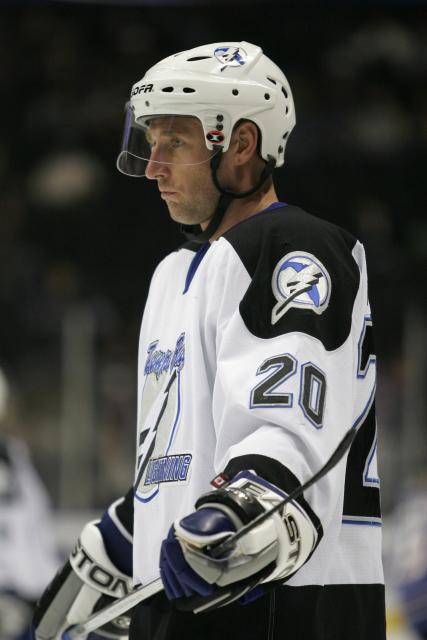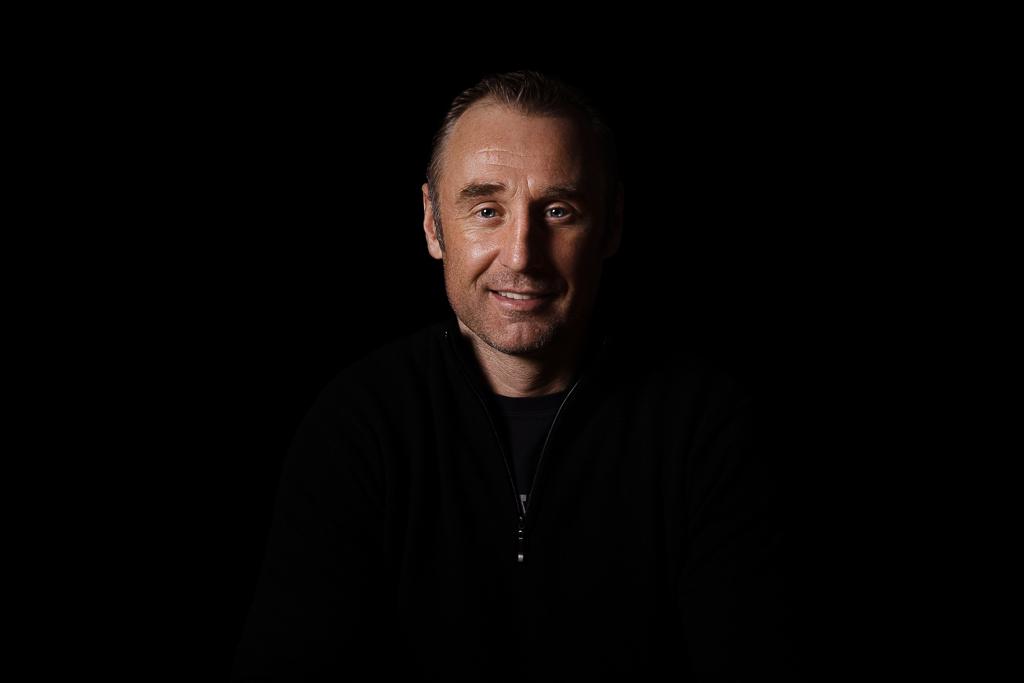No way back
Václav Prospal
ice hockey
“I’m really happy how it ended tonight,” I said.
Paul Kennedy, a television host who always interviewed us in Tampa, was nodding because he got the answer that he expected. We were at the bench and he stopped me there because I had scored two goals against Montréal and we had won, 3-2.
He started asking another question, but I continued.
“This is the greatest satisfaction I’ve ever, personally as a player, got.”
Paul asked if I could elaborate. It was the classic post-game hockey interview, broadcast on a local TV station and on the scoreboard above the rink as a kind of goodbye to the departing fans.
It suddenly got much more interesting.
“Because last game I lost my spot on the roster when I should’ve played,” I said. “And today I shoved it up to somebody’s butt.”
That’s exactly how I said it.
Paul stood staring at me for a second before regaining his composure and asking a few more questions to book it.
As I walked into the hallway outside the dressing room, what I somewhat expected to happen did happen.
“Vinny fucking Prospal! Get into my fucking office!”
Torts, our coach John Tortorella, had heard the interview. He realized without hesitation that the aforementioned butt into which I shoved my spectacular performance was his.
He called me in for a solid whoopin’. He shouted at me like a maniac. What the hell was I doing, ridiculing him in public like this?
 All of this bad blood was caused by a situation from the previous game against Atlanta. After a few games, in which I played fewer and fewer minutes, I found myself on the fourth line. Until then, I had been playing on the first line with Vinny Lecavalier and Martin St. Louis while having the second-highest goal count after Vinny.
All of this bad blood was caused by a situation from the previous game against Atlanta. After a few games, in which I played fewer and fewer minutes, I found myself on the fourth line. Until then, I had been playing on the first line with Vinny Lecavalier and Martin St. Louis while having the second-highest goal count after Vinny.
It wasn’t like Torts to cut me like this without at least giving me a hint that something was wrong beforehand.
We had a terrible argument after that game. It was only years later when I found out what he didn’t tell me back then; that Brad Richards, an awesome guy and player, who had been drafted to Tampa and who had grown into a league star under Torts leadership, just simply wanted to play with Vinny and Marty instead of me. He asked for my place.
Those three guys started together in that game against Montréal, but Torts returned me to my place after just two shifts.
I went on the ice full of energy, on the puck all the time, created good chances, shot and until the end of the second period, scored to make it 2-2. I scored our winning goal in the third period.
I was dancing on my knees in front of the filled stands. And those emotions took over me during that interview. Torts liked it when people stood up to him to show their opinions, but that crossed the line even for him.
My interview performance was discussed on national TV and because the trade deadline was coming up, the host of the show suggested that I had dug my own grave with this and that I’d get traded for sure.
He was right. Despite good scoring stats, I was traded in a few days to Philadelphia where I spent three months in a hotel room without my family.
When I found out about the trade, I went back to our stadium for my gear before the other players arrived. My things were in the car, I was backing out of my parking spot, and Torts stopped close to me. Just as I wanted to drive forward, he was walking right into me.
Something enlightened me, I stopped the car and I got out. Pretty nervous, I shook his hand and said thank you for everything you did for me. I guess he was so surprised that he wished me good luck.
If I didn’t suppress my anger back then and I didn’t stop, if I just waved at Torts from behind the wheel, my NHL career could have ended pretty soon. About 250 games sooner than it lasted.

Vstoupit do Klubu
Inspirativní příběhy vyprávěné sportovními osobnostmi. Ke čtení nebo v audiu namluvené špičkovými herci. K tomu rozhovorový podcast. Každý týden něco nového.
Did you like the story? Please share it.



